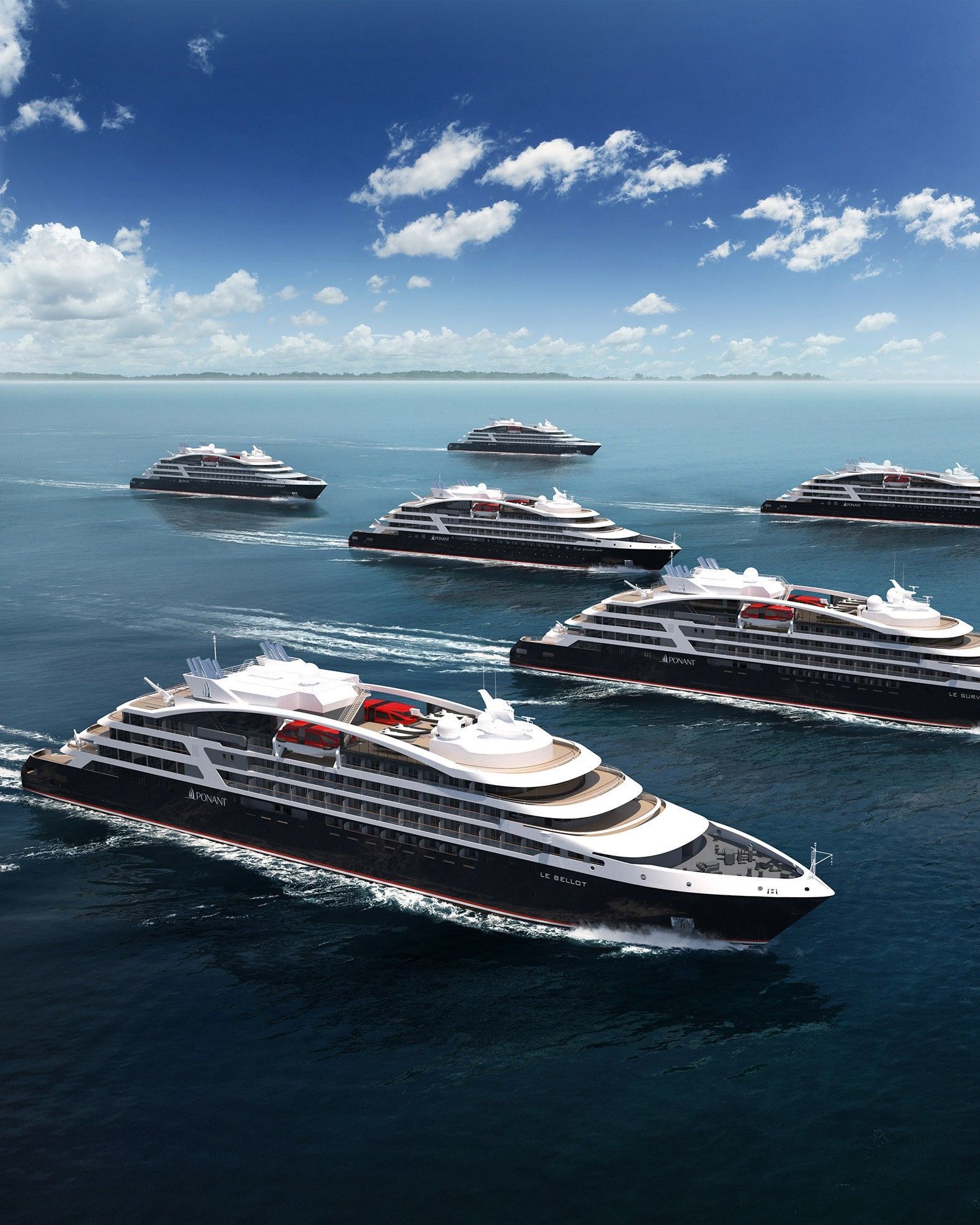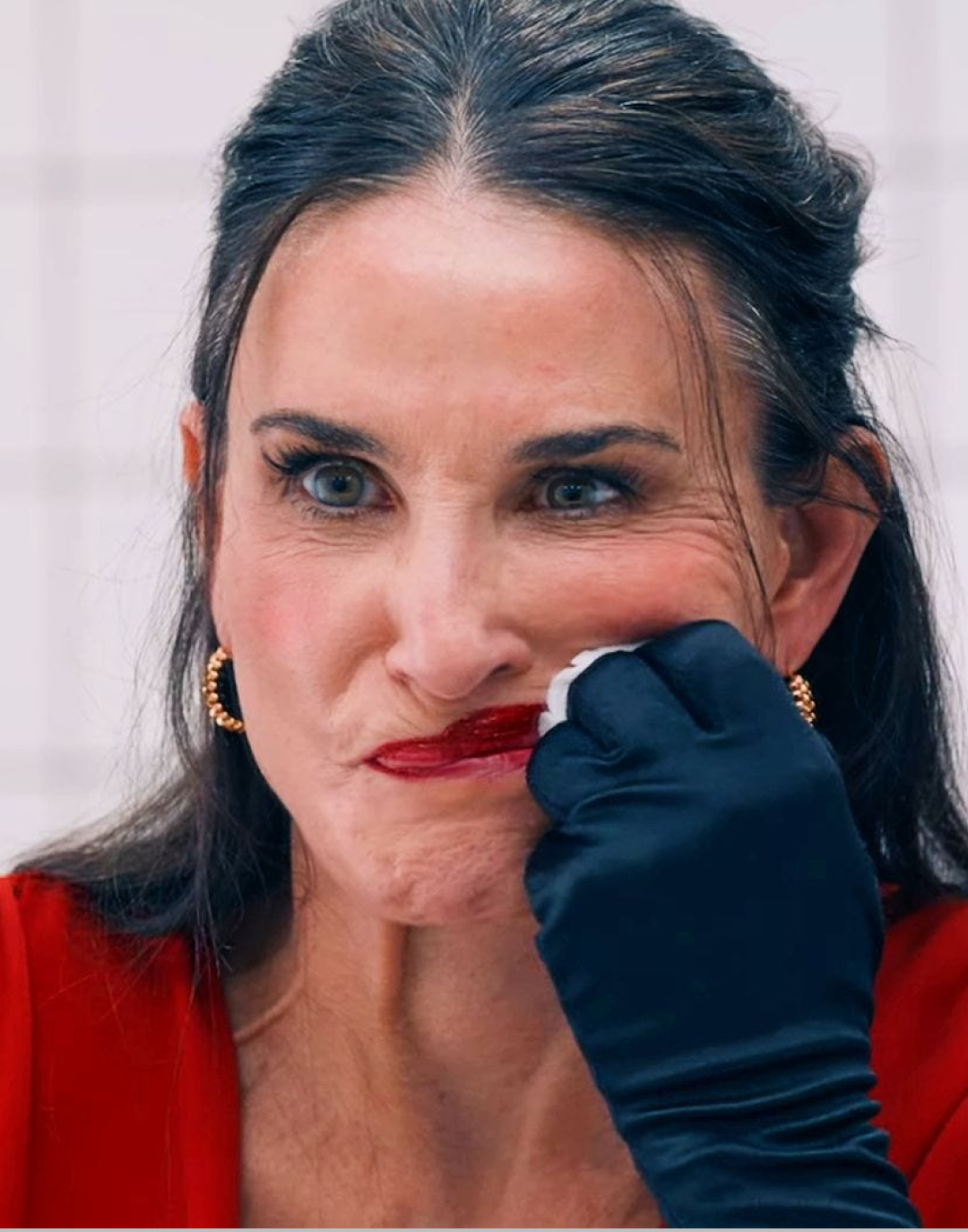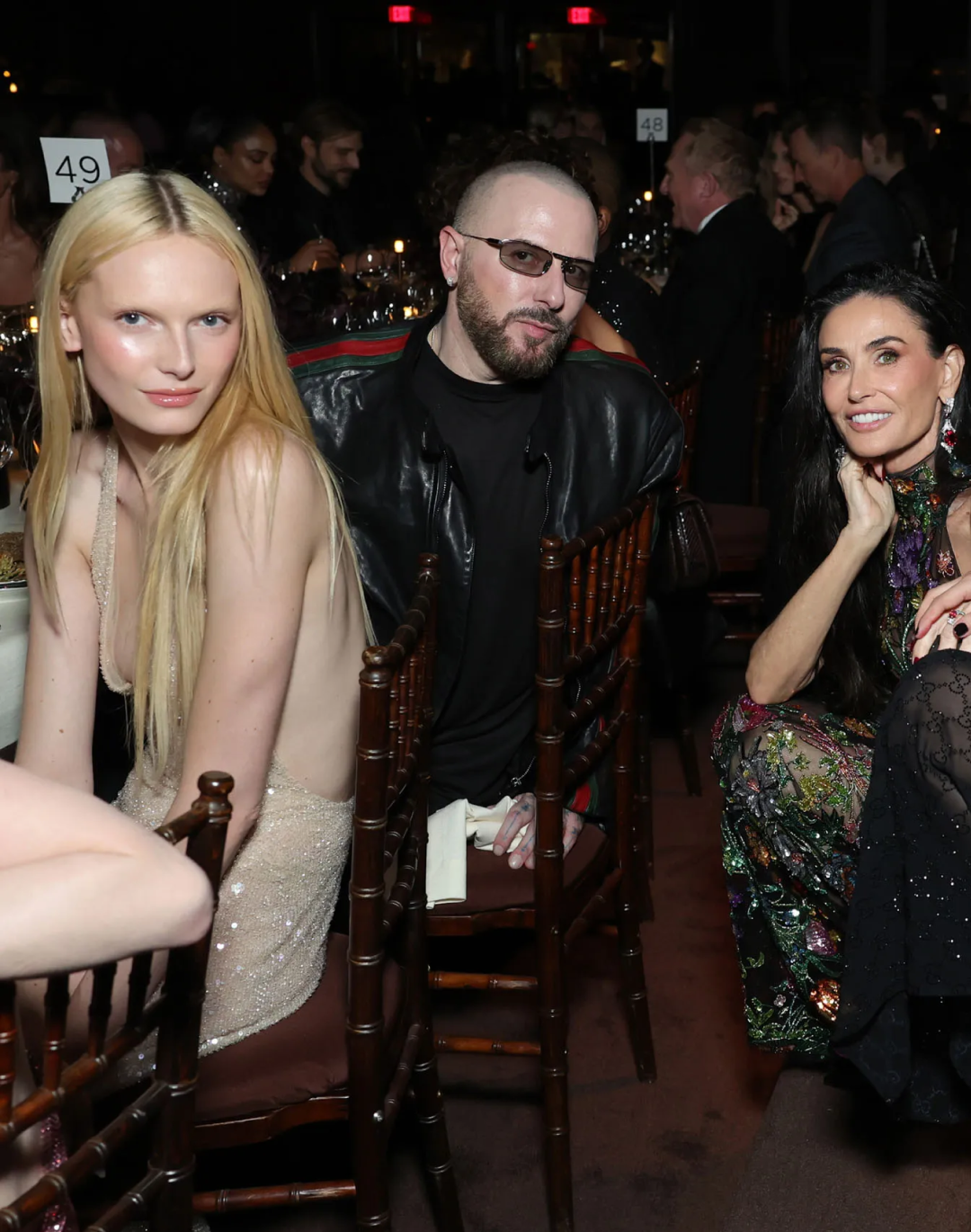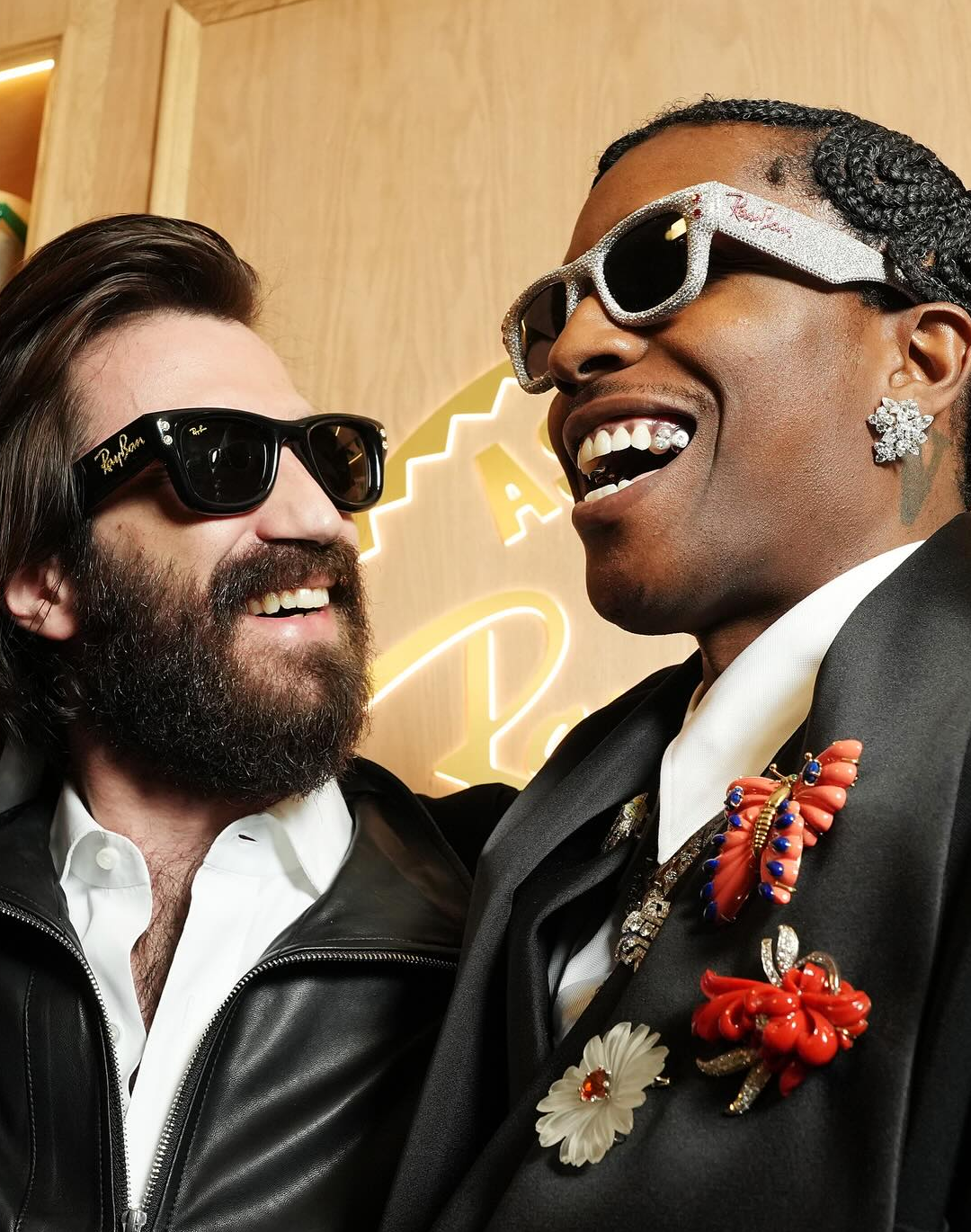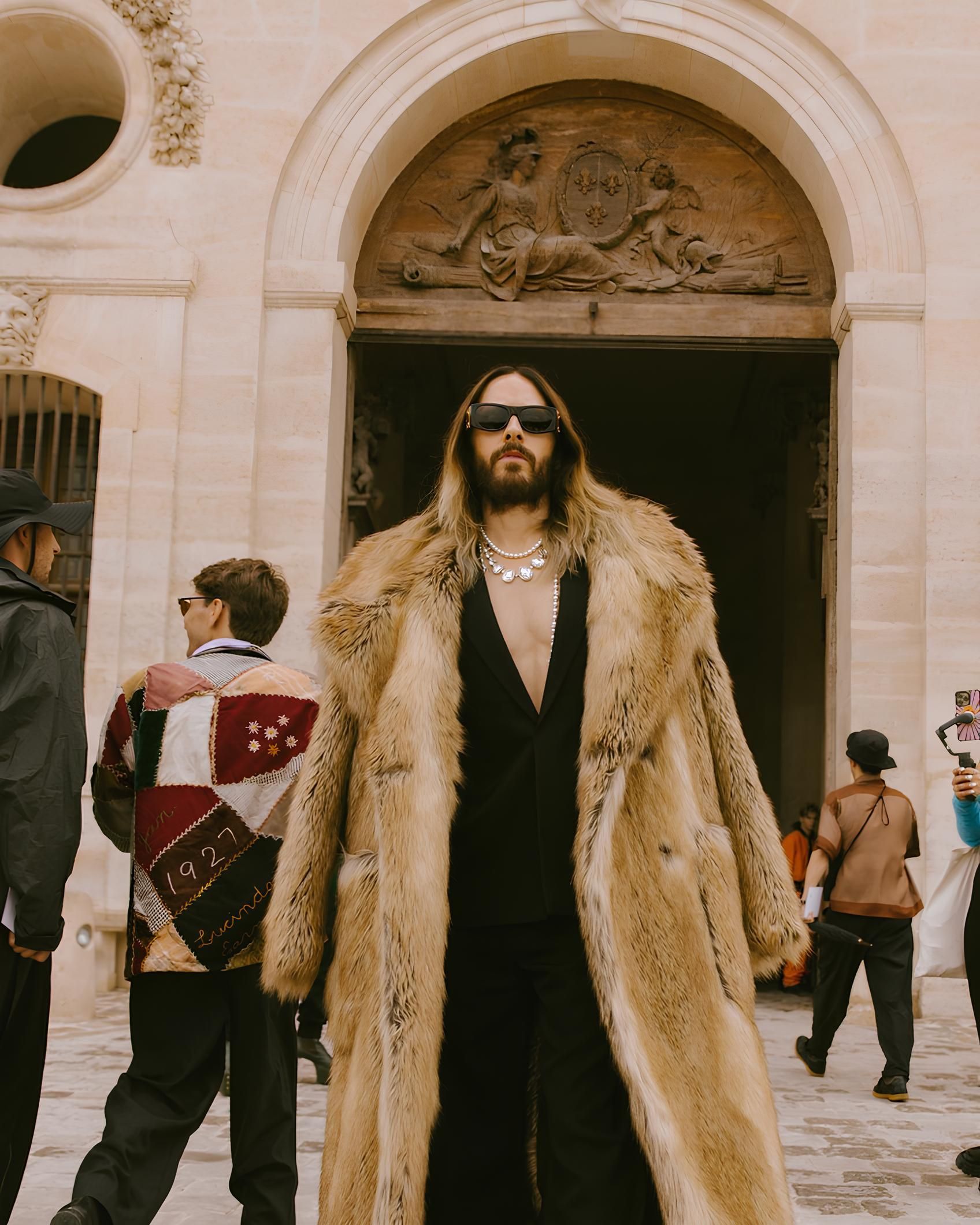
Has fashion grew out of fashion? Turbocapitalism, fine dining, expansion
Fashion has never been solely about clothes, but until the 1960s, brands ventured more or less timidly into categories outside of luxury apparel and its immediate surroundings. Occasionally, from the 1970s onward, brands began signing branded cars; by the late 1980s, there was already expansion into furniture for Fendi, followed by the “Casa” lines of Versace in '92, Armani in 2000, and Missoni in 2004, to name a few examples. But today, brands have expanded into every conceivable category: home fitness, for example; luxury condominiums, spas, restaurants, museums, personal hygiene, games like bocce or backgammon, trains, tableware, tech accessories, stationery. Recently, Celine created a pilates reformer and surfboards, Louis Vuitton signs ping pong tables, Balenciaga also sells branded soap among its lifestyle offerings, Gucci offers wallpaper and dice, Hermès lamps, stools, but also sleds and picnic sets. This isn't new: all these products emerged about forty years ago in the era of wild licenses, while for brands like Prada, Gucci, Louis Vuitton, or Hermès, they started by producing travel-related or sports items like equestrian gear before moving into fashion. Nonetheless, it is indicative that now these brands operate within large industrial groups, the superstructures governing them have started to move into other fields of investment. The magnitude of these investments is considerable, and as time passes, only a portion of them pertains to textiles in the strict sense, while much larger sums are poured into other areas: mainly hospitality, real estate, and luxury dining, giving the impression that fashion remains a core business, but surrounded by so many other branches that it almost takes a backseat. And now the mechanism seems to be accelerating.
@leoniehanne Room tour of the 25.000€ Grand Suite of the Orient Express - would you like to go? #orientexpress original sound - Leonie Hanne
The news of acquisitions and investments from the past year by the major mega-groups in the sector concerns fashion only collaterally. The most striking case is that of François Pinault, owner of Kering, who a year ago spent seven billion dollars to acquire the Hollywood agency CAA in a move that, due to the size of the expenditure, will have caused some imbalances in the overall family budget. Staying on the entertainment front, LVMH has opened a venture dedicated to cinema and television with 22 Montaigne Entertainment, while at Kering, Saint Laurent has launched a production studio. Kering recently spent over a billion acquiring a building in Monte Napoleone in Milan, amid a real estate race in which almost all the big players in the industry have participated: Prada bought a building on 5th Avenue, Dolce & Gabbana are the new owners of the Excelsior in Portofino and will open a resort in Marbella, while LVMH in just a few months has bought at least four buildings in Paris, two of which on the Champs-Elysées. These acquisitions are mostly aimed at expanding the hospitality and dining business (as in the case of Dior, which has six restaurants in Paris, Saint Tropez, and major Asian metropolises, as well as several wellness centers) but now take on larger proportions with a partnership with the railway giant Alcor to revive the Orient-Express brand and integrate it into a program of experiences that combine transport with luxury stays seamlessly. A hunger for diversification that has recently extended to smaller activities, with LVMH acquiring the historic bistro Chez L’Ami Louis in Paris – not the mega-strategic move many might have expected, but an investment similar to what the Prada Group did with Marchesi in Milan.
LVMH is delighted to announce a majority investment in the famous Parisian restaurant ‘Chez L'Ami Louis’, which will celebrate its centenary this year and joins the LVMH Hospitality Excellence division. #LVMH pic.twitter.com/RWGoPQzktu
— LVMH (@LVMH) June 21, 2024
Even the format of these investments is not surprising: the first “adventure” in the hotel industry was made by Versace in 2000 with Palazzo Versace Queensland in Australia, the first in a series of hotels whose latest opening was this year in Macau; another reference model was provided by Giorgio Armani who has been investing in hotels in the Middle East and luxury residences in Miami and Dubai for 14 years, where, for example, the brand occupies five floors of the Burj Khalifa, including libraries, patisseries, and even florists in the brand. Indeed, not only, as Fortune Business Insights writes, «the size of the global luxury hotel market was valued at $140.28 billion in 2023 and is projected to grow from $154.32 billion in 2024 to $369.36 billion by 2032». In short, these are good deals – but knowing that the real money of numerous brands and industrial groups often has little to do with clothing itself (it is no secret that bags, perfumes, and beauty products represent the main income of brands that actually sell very little ready-to-wear) it is tempting to think that there is substantial distrust in fashion and a search for other and higher margins in industries such as film and television production, real estate, tourism and hospitality, railway transport, and dining.
It is a perfect storm: with the quarterly report being the new parameter of success, the big groups minimize risks by saving on production and design originality; market saturation and rising prices, as well as the homogenization of products all similar to each other, drive consumers away, making clothing an increasingly less profitable business and pushing these groups to chase higher margins in industries that do concern luxury – just not luxury clothing. A first signal of this process comes from the silent conquest campaign that luxury is moving towards jewelry and watchmaking, with the Arnault family buying shares in Richemont and selling those in Birkenstock for $756 million, acquiring the watch brand L’Epee 1839 along with the entire parent company Swiza, and joining Chanel and Hermès on the board of Watches & Wonders. The battle for dominance in Swiss watchmaking will be legendary – but LVMH is big enough to be both partner of the Paris Olympics, dressing the athletes and pouring rivers of champagne and cognac, and to become an ultra-luxury landlord. We shouldn't be surprised if one day we hear about the acquisition of airlines and television stations, but also real estate development or, if the rumors of the next acquisition of De Beers are true, incursions into the mining field. If fashion doesn’t sell, in the end, just broaden its definition: everything is fashion with the right logo on it.










































